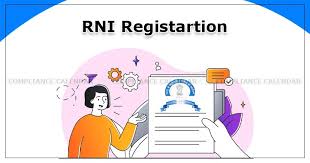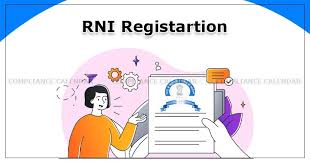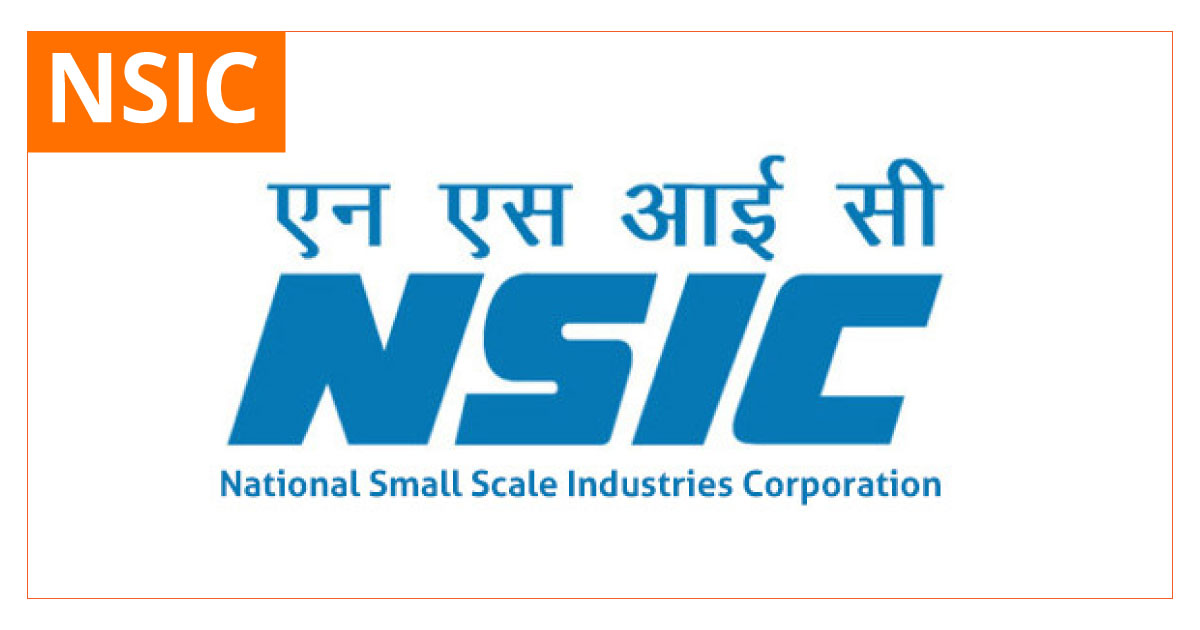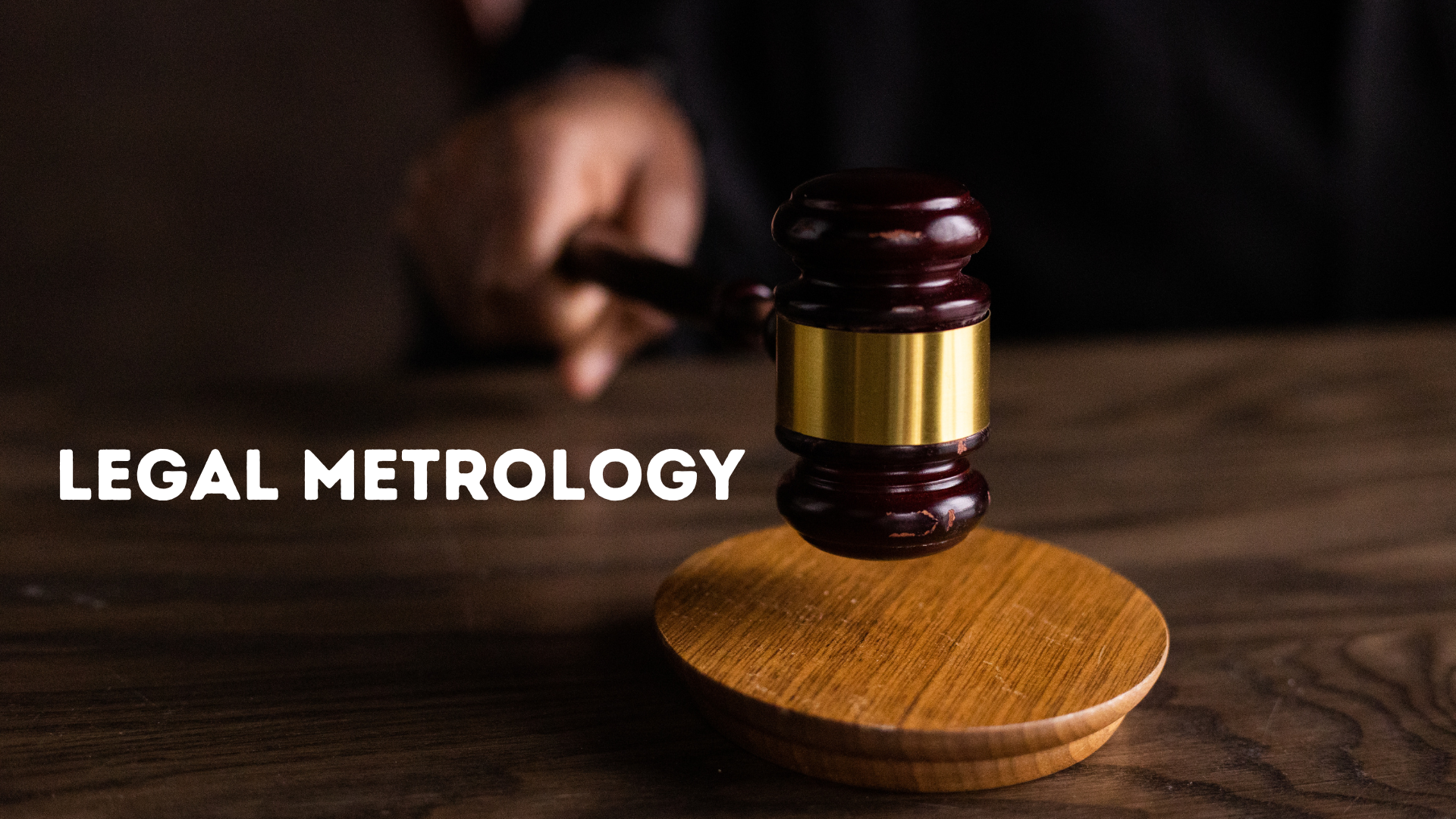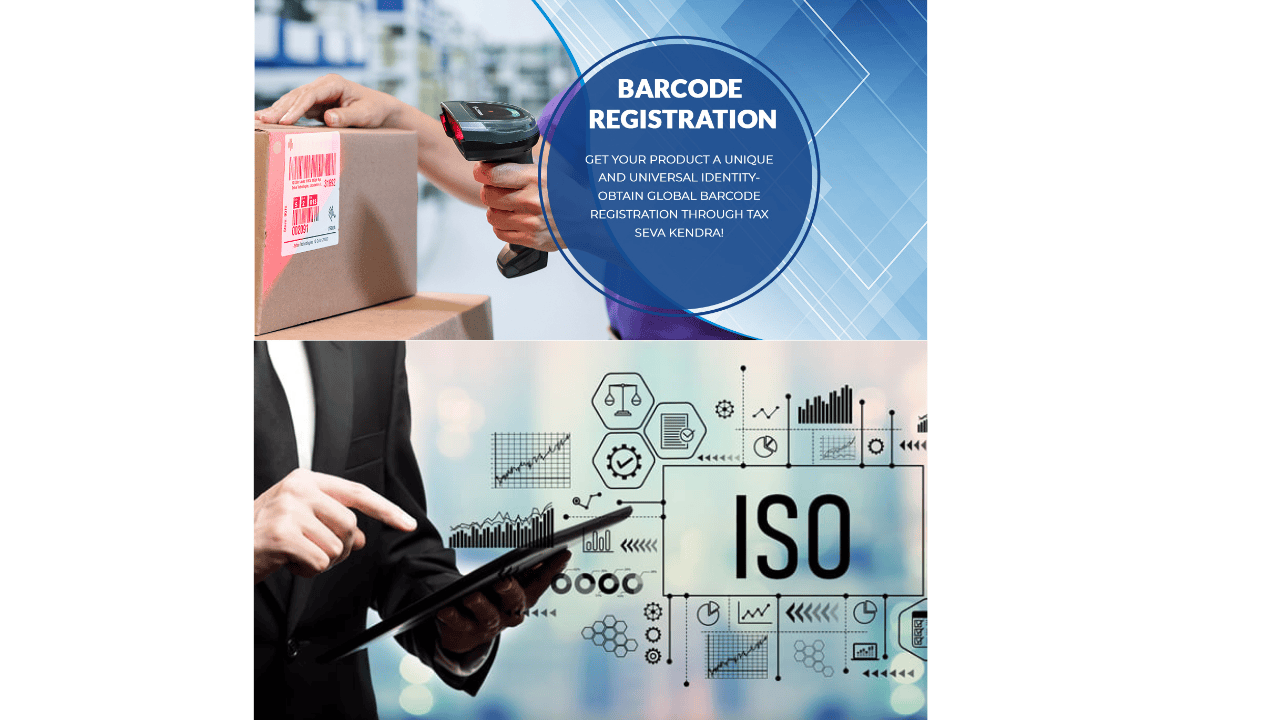PSARA License A Mandatory Permit for Private Security Agencies
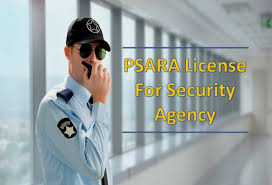
Strong 8k brings an ultra-HD IPTV experience to your living room and your pocket.
Today's world has made security a key concern, which has resulted in a notable increase in the number of private security firms. All private security service providers in India are required to get a PSARA license in order to regulate this industry and guarantee professionalism. Governed by the PSARA Act 2005, this license is issued by the state government and is essential for running a legal and recognized private security business. Acquiring a PSARA License improves industry confidence and guarantees adherence to security laws. The PSARA full form stands for the Private Security Agencies Regulation Act.
The official website, www.psara.gov.in, offers all the information required for those wishing to apply for a PSARA License, including registration requirements, application criteria, and costs. The Private Security Agencies Regulation Act, or PSARA for short, is the legislative framework that governs security service providers in India. Applicants can monitor their registration process and guarantee timely compliance by logging on to psara.gov.in.
What is the PSARA Act 2005?
In order to standardize and regulate the private security sector in India, the PSARA Act of 2005 was enacted. Inconsistent practices resulted from the lack of standardized regulations governing private security firms prior to its introduction. The PSARA Act guarantees that security firms supply well-trained staff and conduct lawful business in order to protect people, businesses, and property.
Key objectives of the PSARA Act 2005 include:
• Regulating the functioning of private security agencies.
• Establishing mandatory licensing requirements.
• Confirming background verification of security personnel.
• Promoting professionalism in the private security sector.
• Preventing unauthorized and unregulated security operations.
Importance of the PSARA License
A PSARA License is essential for any business providing private security services in India. Without this license, operating a security agency is illegal and may result in heavy penalties. Here’s why obtaining a PSARA License is necessary:
1. Legal Compliance – Guarantees that the security agency operates within the legal framework set by the PSARA Act 2005.
2. Increased Credibility – Licensed agencies are trusted more by clients, leading to better business opportunities.
3. Government Recognition – The license allows security agencies to collaborate with government and corporate clients.
4. Standardized Training – Agencies with a PSARA License are required to provide proper training to security guards.
5. Prevention of Illegal Practices – Guarantees background checks and prevents unqualified individuals from working in the security industry.
How to Apply for a PSARA License?
Applying for a PSARA License involves a structured process to guarantee compliance with the PSARA Act. The application can be completed online through psara.gov.in login, where applicants can access the necessary forms and documentation requirements.
Step-by-Step PSARA Registration Process
1. Check Eligibility – Only Indian citizens or registered companies can apply for a PSARA License.
2. Gather Required Documents – Key documents include:
o Business registration certificate.
o Character and address proof of directors.
o Income tax returns.
o Training agreements with security training institutes.
3. Online Application Submission – The application must be submitted through www.psara.gov.in or respective state portals.
4. Verification & Background Check – The state police conduct background verification before granting the license.
5. Training & Compliance – Security guards must undergo training from an approved institution as per PSARA Act 2005.
6. Final Approval & License Issuance – Once all criteria are met, the PSARA License is issued.
PSARA License Fees & Validity
Since every state government has its own rules, the PSARA License fees differ from one another. The kind of agency, number of branches, and other services offered all affect the price. Typically, the license lasts for five years, and in order to continue operating lawfully, it must be renewed prior to that time.
Who Needs a PSARA License?
The PSARA License is mandatory for businesses offering security-related services, including:
• Private security agencies.
• Security guard training institutes.
• Corporate security service providers.
• Event security firms.
• Armed and unarmed guard services.
Without a valid PSARA License, these businesses cannot legally operate in India.
How to Check PSARA License Status?
Applicants can check the status of their license application by logging into psara.gov.in login. The official portal www.psara.gov.in provides updates on the approval process, pending documents, and expected timelines for issuance.
Benefits of a PSARA License
Having a PSARA License offers multiple advantages, including:
• Legal Recognition – Your agency is legally registered and compliant with the PSARA Act.
• Better Business Opportunities – More clients prefer hiring licensed agencies.
• Improved Market Reputation – Establishes credibility in the private security industry.
• Standardized Security Training – Confirms that security personnel receive proper training.
• Protection Against Legal Issues – Avoids fines and penalties for operating without a valid license.
Challenges in Obtaining a PSARA License
While getting a PSARA License is essential, businesses often face challenges, including:
• Lengthy Approval Process – Background verification and compliance checks take time.
• State-Specific Rules – Each state has different regulations, making the process complex.
• High Compliance Costs – Agencies must invest in training and background checks.
• Renewal Requirements – The license needs periodic renewal, adding to operational costs.
Renewal of PSARA License
The PSARA License is not a one-time permit; it must be renewed every five years. The renewal process involves:
• Submitting a renewal application through psara.gov.in login.
• Providing updated business and compliance documents.
• Completing police verification again.
• Paying the renewal PSARA License fees.
Failing to renew the license can result in the cancellation of business operations.
Conclusion
In India, all private security firms are required to get a PSARA license. It guarantees professionalism, adherence to the law, and uniform training in the security industry and is governed by the PSARA Act of 2005. The first step to operate lawfully is registering with PSARA through www.psara.gov.in, whether you are launching a new security firm or renewing an existing license.
Possessing a PSARA license not only increases reputation but also provides access to greater business options in light of the growing need for private security services. Security agencies may guarantee compliance with national security regulations and help create a safer and more regulated business by adhering to the PSARA Act's standards.
Note: IndiBlogHub features both user-submitted and editorial content. We do not verify third-party contributions. Read our Disclaimer and Privacy Policyfor details.



